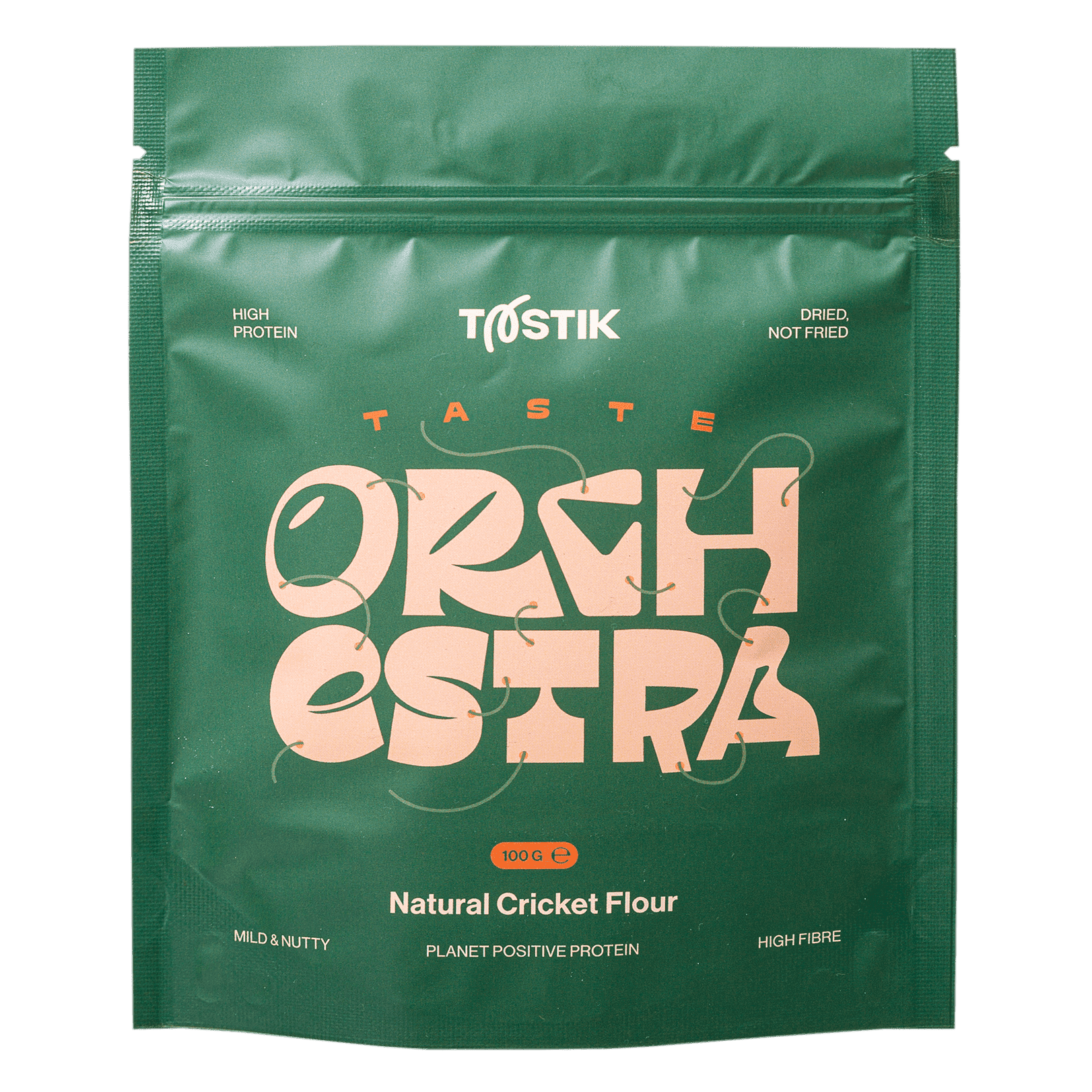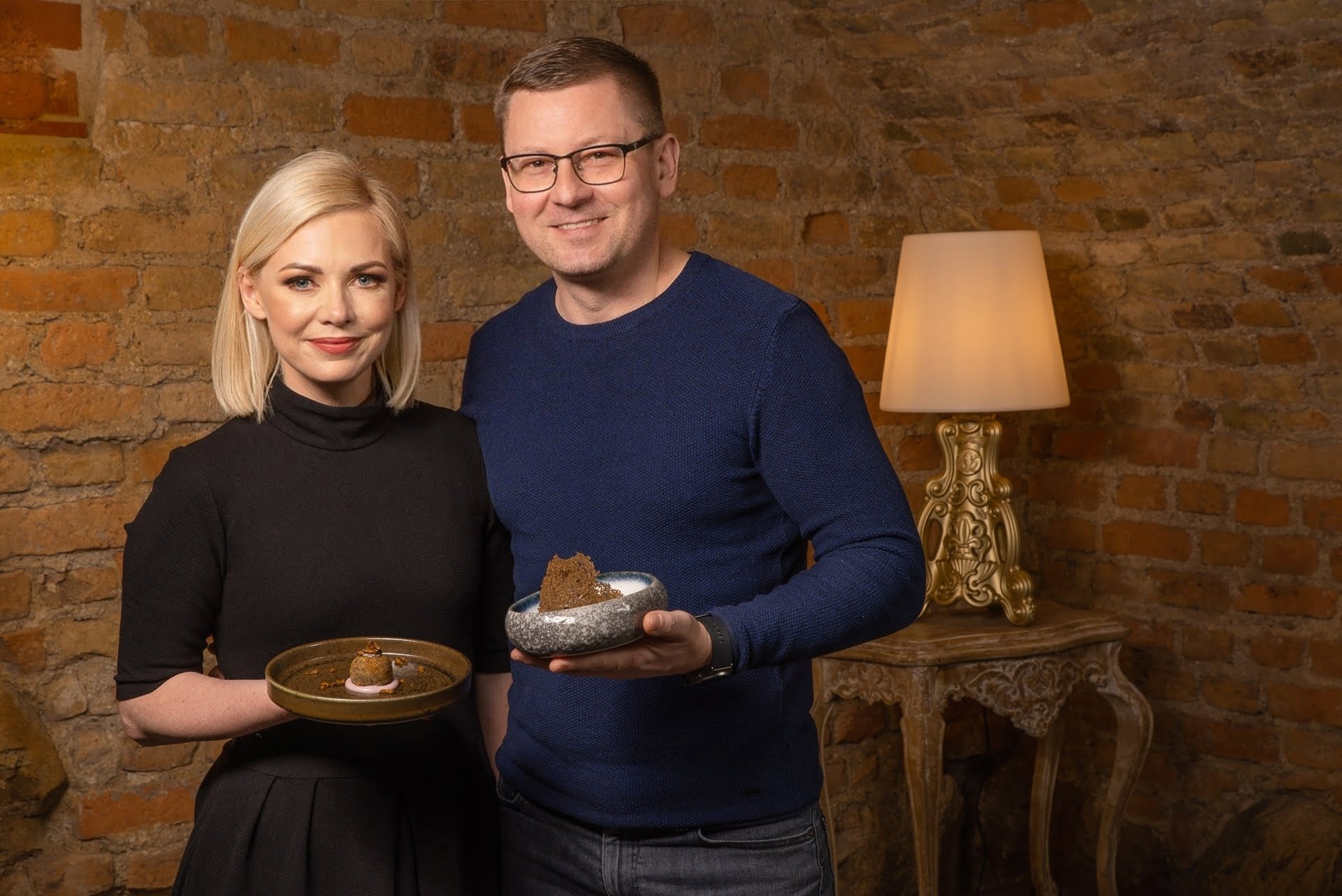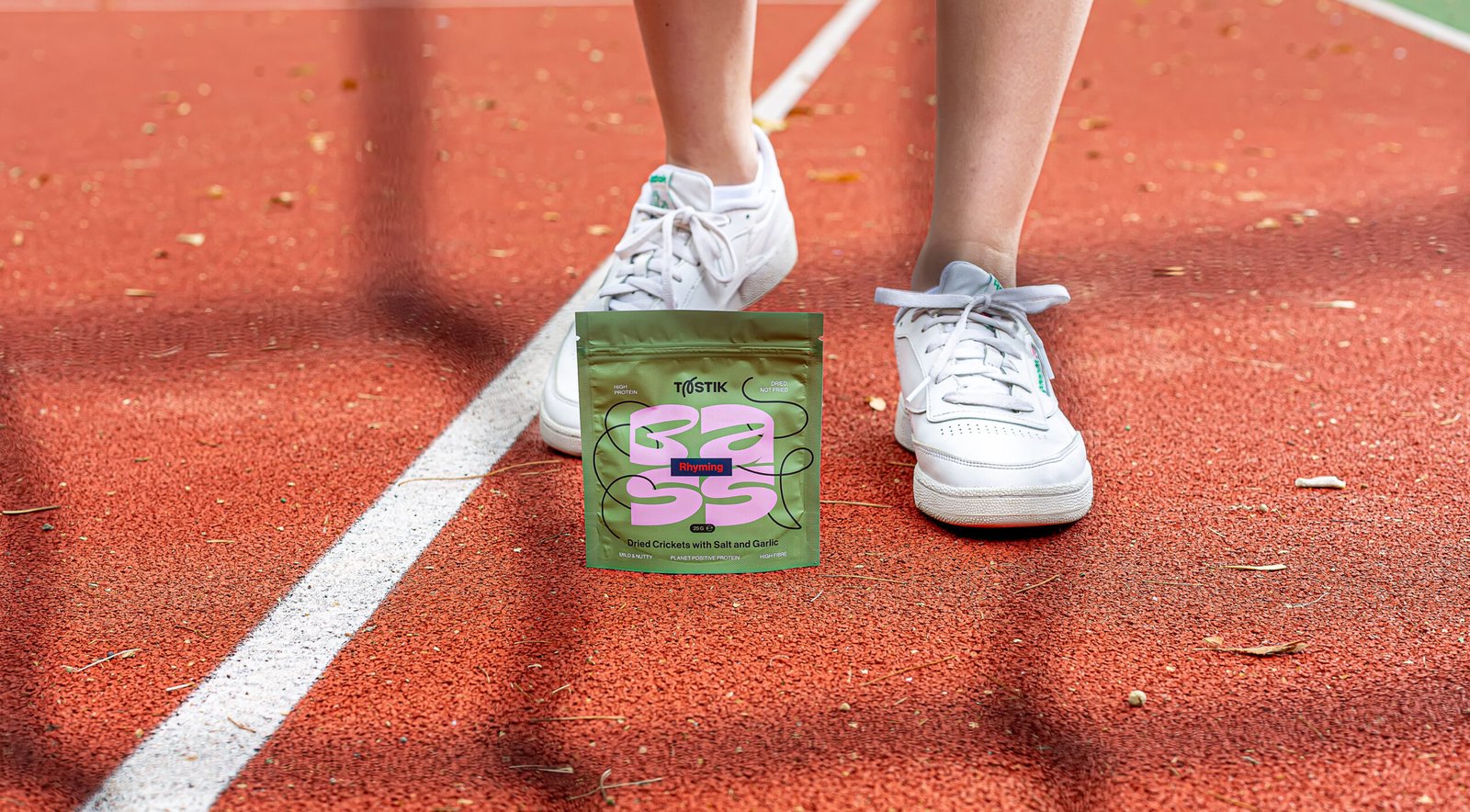Your cart is currently empty!

Our priorities: sustainability and healthy people
For us, sustainability is not just about smart engineering and technological devices and their application in cricket farming processes or production. For us, it is about making smart and responsible decisions to optimise the use of existing resources, so that we give back to the environment more than we receive from it. Responsible cricket farming, maintaining a focused approach to nature conservation and upholding our values are high on our list of priorities.
The whole process of cricket farming is based on sustainable principles, using significantly less natural resources and respecting nature. By comparison, crickets can produce the same amount of protein as cattle using 2000 times less water, 15 times less land and 12 times less feed, while emitting 100 times less greenhouse gases.
According to Nielsen research, 73% of global shoppers are willing to change their consumption habits to reduce their environmental impact, and almost half (41%) of consumers are willing to pay more for products with a ‘clean’ formulation. Sustainability is also an important topic for Lithuanian consumers – according to the Sustainable Brand Index, Europe’s largest independent sustainability index, 6 out of 10 consumers in the country discuss the topic with people around them, and 71% are influenced by sustainability when purchasing goods or services.
Insect-eating has a history stretching back thousands of years. In Africa, Asia and Latin America, eating insects has become part of traditional culture. Interestingly, humans eat around 2100 species of insects, with crickets being the most common food source. About a quarter of the world’s population eats insects regularly.
The global market for edible insects is forecast to grow by 23.8% annually. We have a vested interest in outperforming these forecasts by encouraging everyone to be exceptionally bold, innovative and to replace established thinking with new healthy eating habits, supporting ideas of sustainability.







